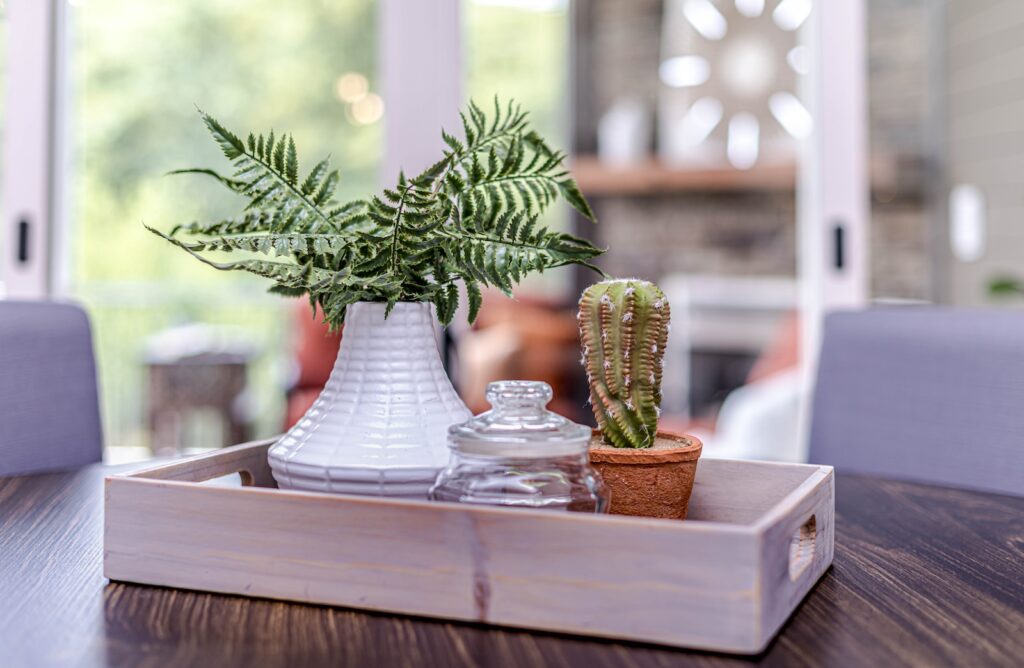FIVE THINGS TO KNOW ABOUT HOME INSPECTIONS
Home inspection is an important part of the home sale process, both for buyers and sellers. When it’s time for you to hire an inspector, here are five things you should be thinking about: 1. It’s your choice: You are not bound or obligated to use any particular inspector. Your real estate professional may have […]
FIVE THINGS TO KNOW ABOUT HOME INSPECTIONS Read More »




